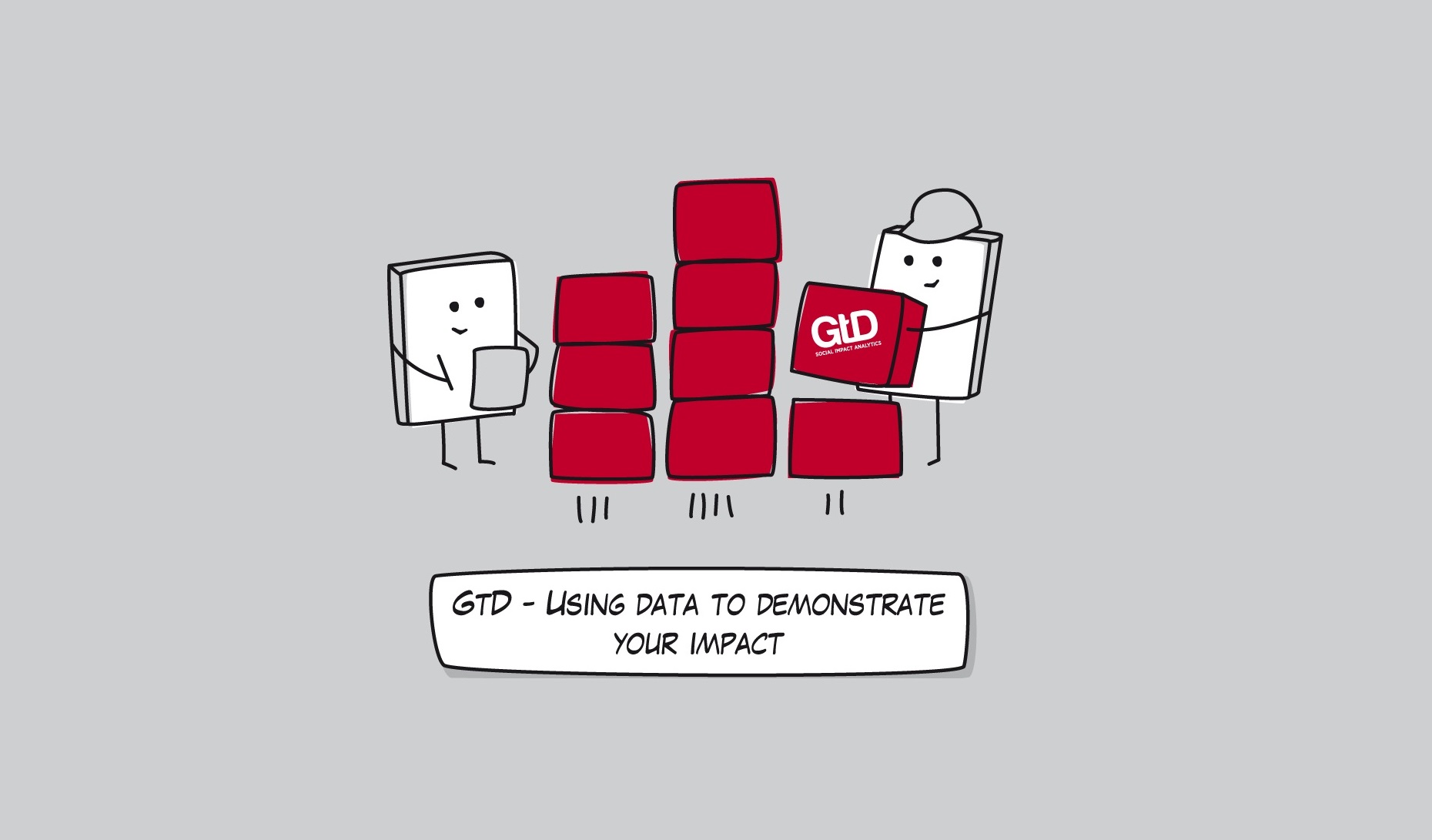Gideon’s Promise: Transforming Criminal Justice
Over the past tumultuous months in the US, the fairness of the American justice has been the subject of much debate, with the politics of “law and order” emerging as a theme of the presidential election. So, in this febrile climate Jonathan Rapping’s recent book, “Gideon’s Promise: a public defender movement to transform criminal justice” was a great addition to my summer reading list.
Part biography, part history, part manifesto for change, Rapping’s book describes the journey that he and his wife, Ilham Askia, took in founding “Gideon’s Promise”. Often challenging, their journey demonstrates a deep commitment to the ideal of justice for everyone, regardless of income, race or class. From this personal commitment, they founded Gideon’s Promise as a movement of public defenders who are trained and supported to put the “indigent defendant” at the center of their practice.
The name of their organization honors the landmark US Supreme Court case “Gideon -v- Wainwright”. This affirmed a defendant’s right to counsel in the criminal courts, but its promise is often compromised, even by public defenders themselves. From Rapping’s observations, these failings come from either a venal motivation to conform to a system of perfunctory justice, or more often a culture that “beats down” public defenders, rendering them unable to represent their clients effectively. Far from securing justice for their clients, public defenders are at risk of becoming part of a system that simply processes cases and in doing so jeopardizes the rights and liberties of the poorest in our society, particularly African American defendants and others from minority and marginalised groups.
In his book Rapping argues that a transformation of the criminal justice system can be achieved via public defenders. He sees them as agents of change who should not only assert the rights of their clients but also their humanity. Too often, those who wield power in the justice system simply view the person before them as a “super-predator”, a member of a dangerous class who deserves the most punitive treatment. Rarely are they considered to be a son, a mother, or a valued member of a community. So, in challenging such preconceptions, public defenders should reveal their clients as fellow citizens who are entitled to the presumption of innocence and equality under the law. At Gideon’s Promise, effective storytelling has an important role in ensuring that the conventional safeguards of the justice system are honored and its biases challenged.
Rapping’s book is a call to action for all who take an interest in justice, and for my part, it gave me pause for thought. What does “client-centered practice” mean for social researchers and evaluators? All too often our work is at the behest of the agencies of the justice system who are seeking economies and efficiencies, and whose metrics of effectiveness are simply the reduction of offending. Having made an early career change from a solicitor (attorney) in a busy court practice (where I experienced all the stresses and temptations described in Rapping’s book) to a government social researcher, too many of my early research publications read as a litany of managerialism rather than opening up justice for all. So, who is my “client”? Well, Rapping’s book encourages me to give more consideration to giving a voice to those who are caught up in the justice system and devising metrics to measure what is important to them and their communities.
This is a highly readable and commendable book and copies can be purchased directly from Gideon’s Promise.
















